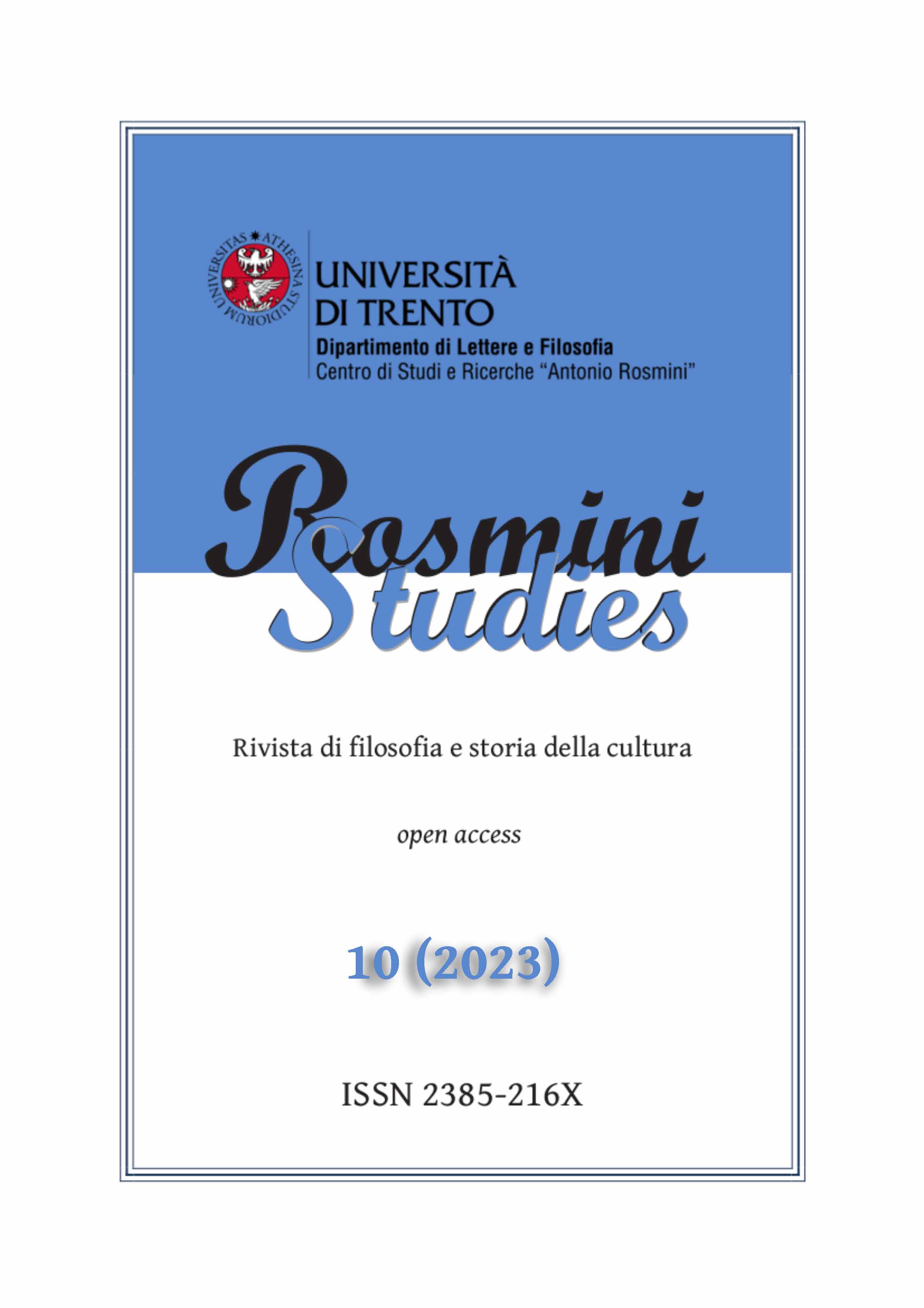Auf dem Weg zu einer metadisziplinären Ästhetik
DOI:
https://doi.org/10.15168/2385-216X/2676Abstract
Sensory perception, its interpretation and emotional evaluation are the most important epistemic access to a presumably otherwise unknowable world outside our brain. Our aesthetic experience also shapes the inner realities through which we model the world, often going far beyond it or imprinting on it the pattern of our representations. Our aesthetic environment largely determines the quality with which we can shape our lives and whether our short, medium or long-term feelings promote or hinder our well-being, our health and our performance. A human-oriented design of our environment is just as much an ethical as it is a social and economic responsibility. However, an understanding of the human-environment ecology within designed human living environments requires an inter- and meta-disciplinary engagement with the psychological, biological and social constitution of humans, an engagement which is still very rudimentary in the field of design and architectural education. Even in the academic world, disciplines pivoting on aesthetics have difficulties with interdisciplinary collaboration, since the anthropological premises and paradigms, as well as the traditional systems of concepts and categories, are by no means congruent, if not sometimes even contradictory. New meta-disciplinary synthetic models are currently attempting to create a logically closed conceptual framework of aesthetic experience and to apply it specifically in design and architecture education.
##submission.downloads##
Pubblicato
Fascicolo
Sezione
Licenza
Copyright (c) 2023 Rosmini Studies

Questo lavoro è fornito con la licenza Creative Commons Attribuzione - Non commerciale - Non opere derivate 4.0 Internazionale.



